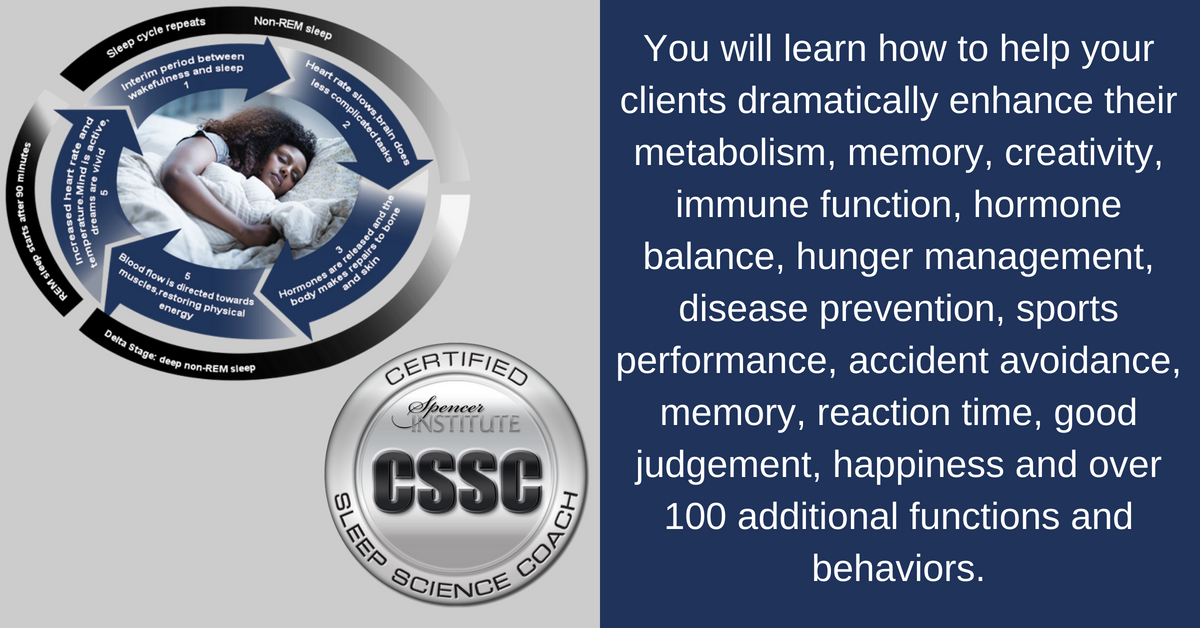Applied Behavior Analysis (ABA) therapy is a widely recognized approach for supporting children with autism spectrum disorder (ASD). This evidence-based practice focuses on enhancing specific skills and reducing challenging behaviors through systematic techniques. Here are some key benefits of ABA therapy for your child.

Content
Improved Communication Skills
One of the primary goals of ABA therapy is to enhance communication abilities. Children with autism often face difficulties in expressing themselves and understanding verbal cues. ABA therapists use tailored interventions that promote language development, enabling your child to communicate their needs and feelings more effectively. This improvement can significantly enhance their social interactions and overall quality of life.
Enhanced Social Skills
Social skills are crucial for successful interactions with peers and adults. ABA therapy helps children learn essential social skills, such as making eye contact, taking turns, and initiating conversations. Through structured play and social scenarios, your child can practice these skills in a safe environment, gradually increasing their confidence in real-world situations.
Reduction of Challenging Behaviors
Many children with autism exhibit challenging behaviors, such as tantrums, aggression, or self-injury. ABA therapy focuses on understanding the underlying causes of these behaviors and teaches alternative, more appropriate responses. By reinforcing positive behaviors and minimizing negative ones, ABA helps create a more harmonious home and school environment.
Individualized Learning Approach
Every child is unique, and ABA therapy recognizes this individuality. Therapists create customized plans tailored to your child’s specific needs, strengths, and interests. This personalized approach ensures that your child receives the most effective support, enhancing their learning experience and making therapy more engaging.
Increased Independence
A fundamental goal of ABA therapy is to foster independence in children with autism. By teaching essential life skills, such as personal care, organization, and problem-solving, ABA helps your child become more self-sufficient. This increased independence can lead to greater confidence and improved self-esteem, allowing your child to thrive in various settings.
Support for Families
ABA therapy not only benefits the child but also supports families. Therapists often work with parents and caregivers, providing them with strategies to reinforce skills at home and manage challenging behaviors effectively. This collaborative approach strengthens the family unit and creates a supportive network for your child’s development.
Conclusion
In conclusion, ABA therapy offers numerous benefits for children with autism, ranging from improved communication and social skills to enhanced independence and family support. If you’re considering ABA therapy for your child, exploring options such as ABA Therapy can provide the guidance and resources needed for successful development.

Alissa Edwards a health blogger, but her words have the power to change your life. She is an avid reader and she loves nothing more than curling up with a good book. She always strives for perfection in everything she does, so it’s no surprise that she plans on becoming the next JK Rowling one day!












